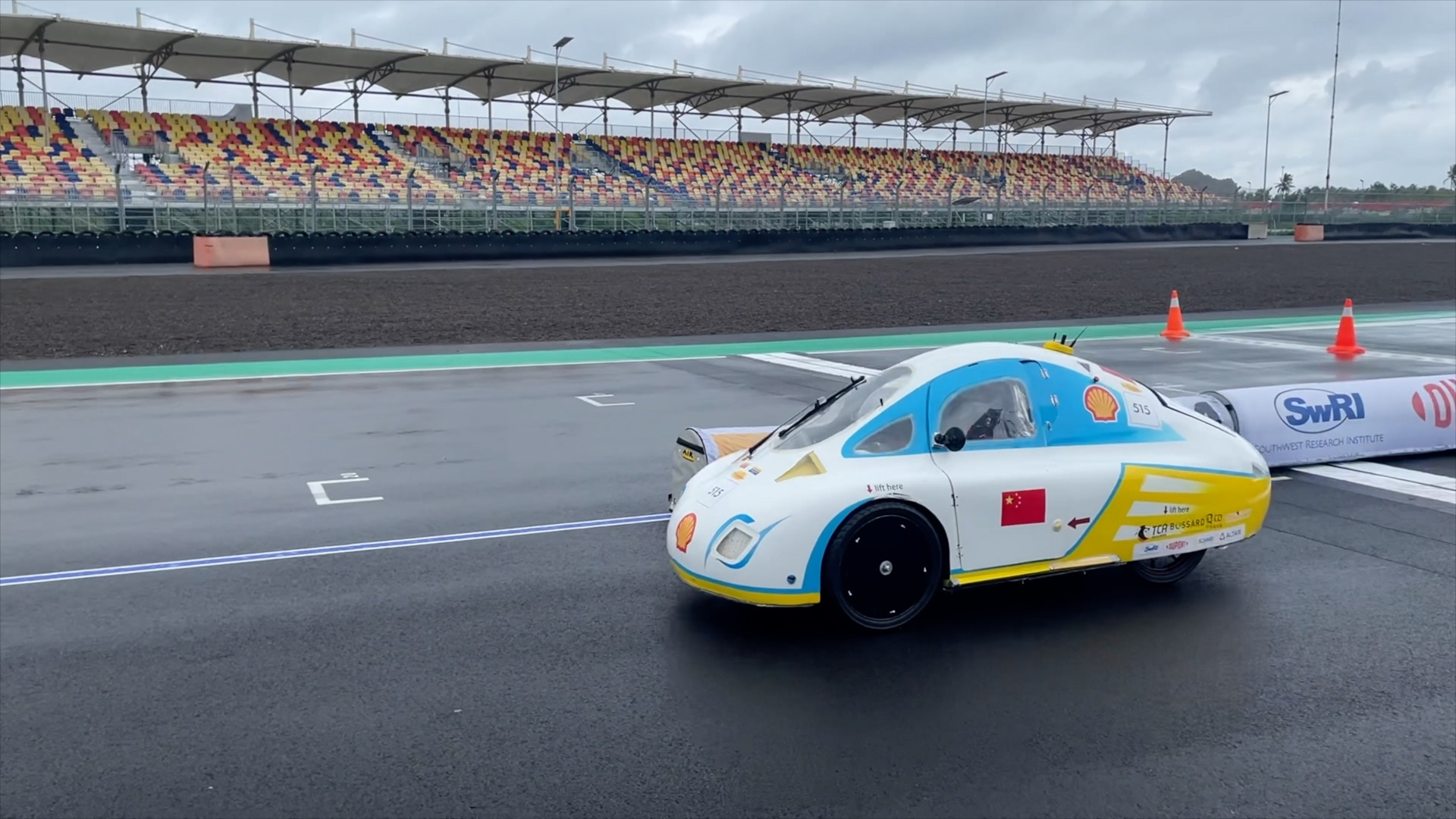
Electric vehicle designed by the Kensai team from Jilin University that won a trophy at the Shell Eco-marathon China this year. /CGTN
Electric vehicle designed by the Kensai team from Jilin University that won a trophy at the Shell Eco-marathon China this year. /CGTN
As the world races to decarbonize its economies and transition to sustainable energy sources, the electric vehicle (EV) industry has emerged as a key player in this field. This trend has triggered a rush for talent, as can be seen in Changchun, a Chinese city in Jilin Province, renowned for its automotive industry.
Students from Jilin University are unlocking their potential in engineering and design of EVs — they spend more time in the garage than in the classroom.
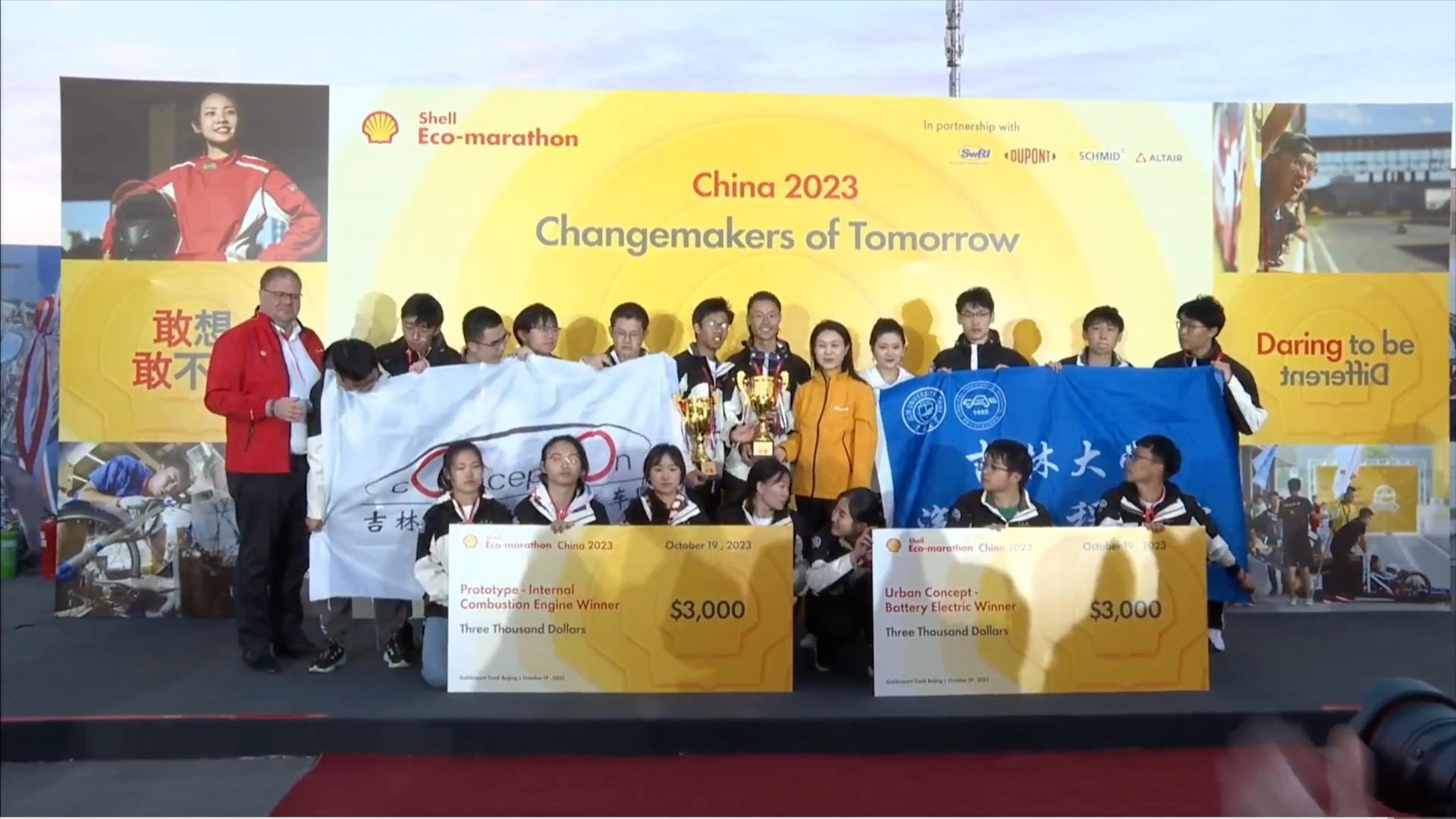
The Shell Eco-marathon regional mileage competitions are designed for experienced teams to push new boundaries, encouraging innovation and new approaches to achieving energy efficiency. /CGTN
The Shell Eco-marathon regional mileage competitions are designed for experienced teams to push new boundaries, encouraging innovation and new approaches to achieving energy efficiency. /CGTN
For years, the team has independently developed a number of energy-conservation vehicles and won numerous trophies both at home and abroad. The latest one this year has made them the national champion of Shell Eco-marathon China.
The Shell Eco-marathon regional mileage competitions are designed for experienced teams to push new boundaries, encouraging innovation and new approaches to achieving energy efficiency.
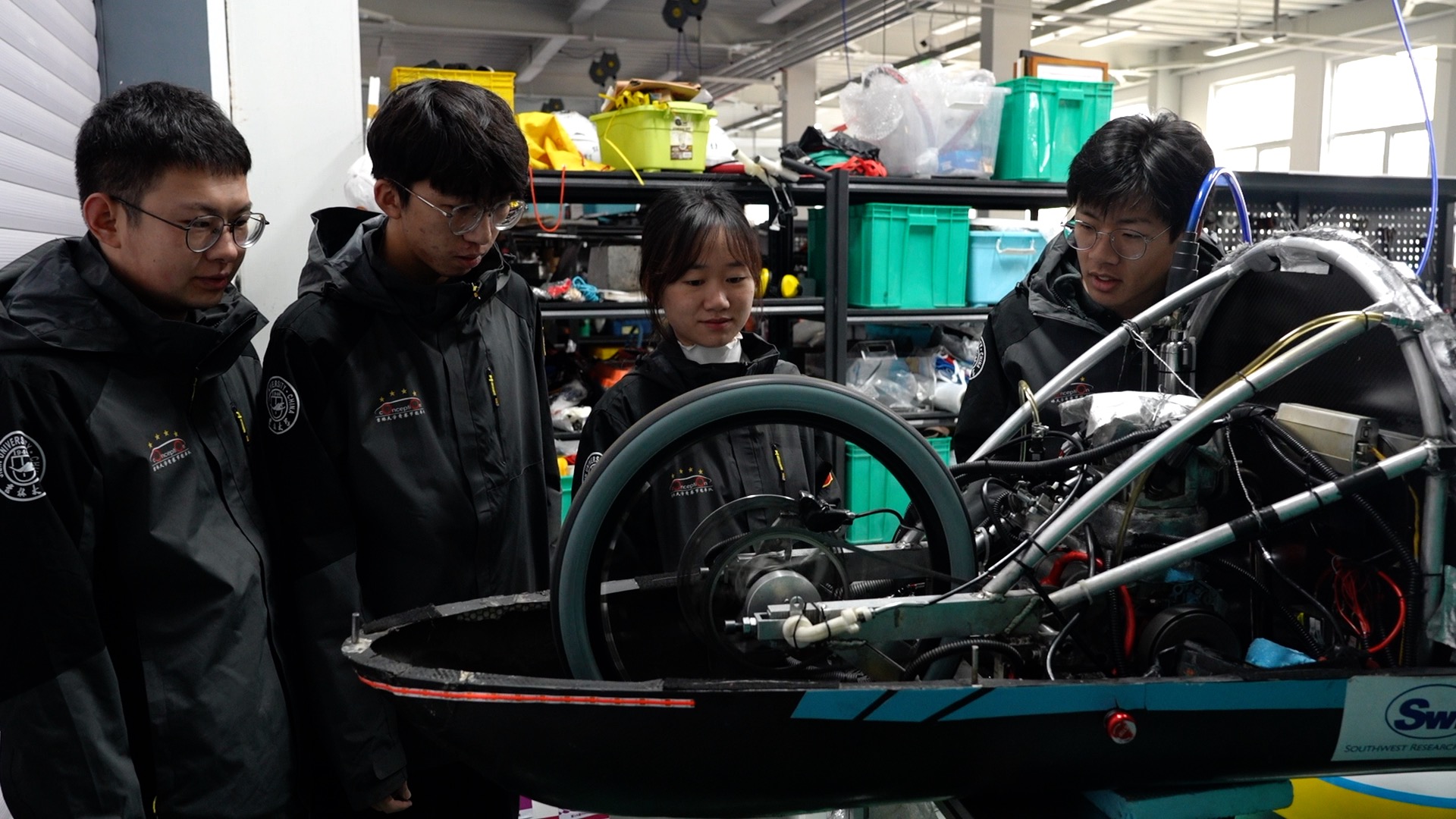
For years, the Kensai team from Jilin University has independently developed a number of energy-conservation vehicles and won numerous trophies both at home and abroad. The latest one this year helped them become the national champion of Shell Eco-marathon China. /CGTN
For years, the Kensai team from Jilin University has independently developed a number of energy-conservation vehicles and won numerous trophies both at home and abroad. The latest one this year helped them become the national champion of Shell Eco-marathon China. /CGTN
"Our team members are mainly undergraduates from the automotive engineering college, with majors in vehicle engineering and industrial design. The team has also taken members who study computer science and communication engineering. Since building an EV requires knowledge of many different fields," said Li Mingyu, the team leader of Kensai Energy Conservation Team of Jilin University.
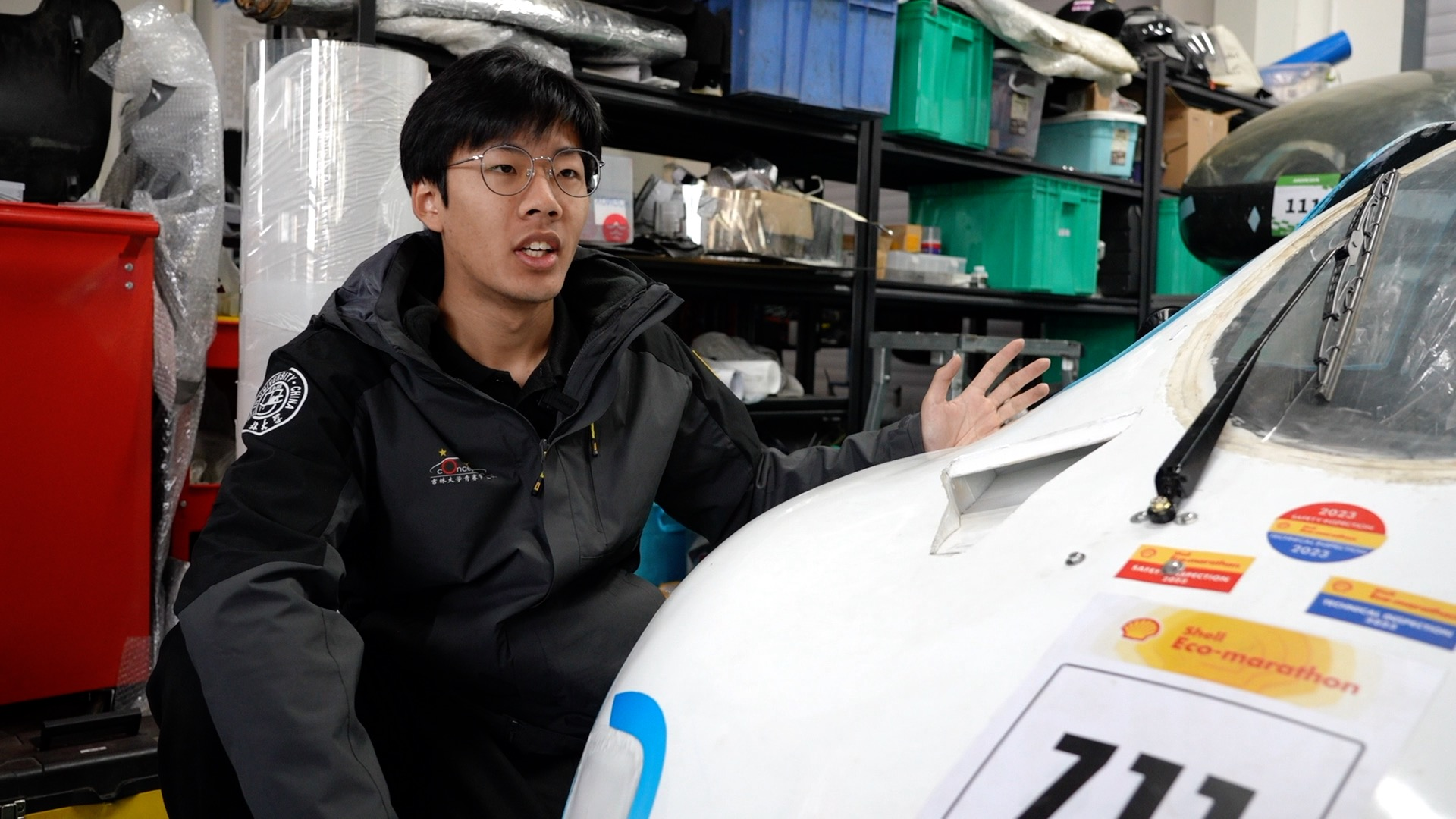
Li Mingyu (pictured) is the team leader of Kensai Energy Conservation Team of Jilin University. /CGTN
Li Mingyu (pictured) is the team leader of Kensai Energy Conservation Team of Jilin University. /CGTN
The EV industry is highly technology-driven, and thus requires candidates with strong technical skills. Knowledge of battery technology, electric power and overall EV design are essential. These students are learning by doing.
China has the world's largest EV market, with the construction and expansion of factories across the country making electricians and robotic specialists a hot commodity.
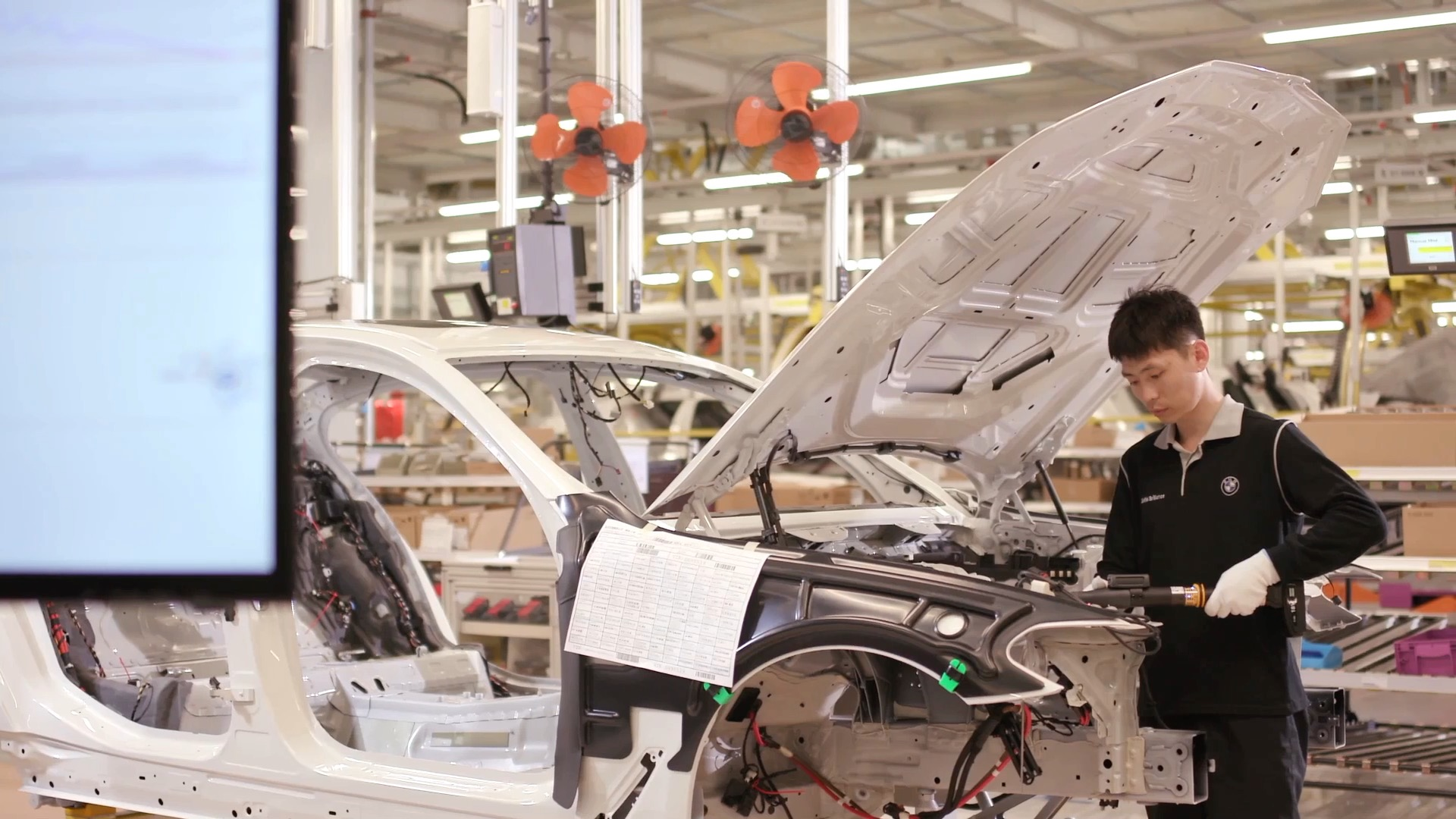
China has the world's largest EV market, with the construction and expansion of factories across the country making electricians and robotic specialists a hot commodity. /CGTN
China has the world's largest EV market, with the construction and expansion of factories across the country making electricians and robotic specialists a hot commodity. /CGTN
Many of the team's former members have landed jobs in the automotive and related sectors even before graduation.
Yang Dongyang, one of the members of the Kensai team, told CGTN, "We've kept in touch with some former members who are now playing key roles in key positions in companies like BYD. I think the experiences they gained through their time on the team allow them to climb their career ladder faster."
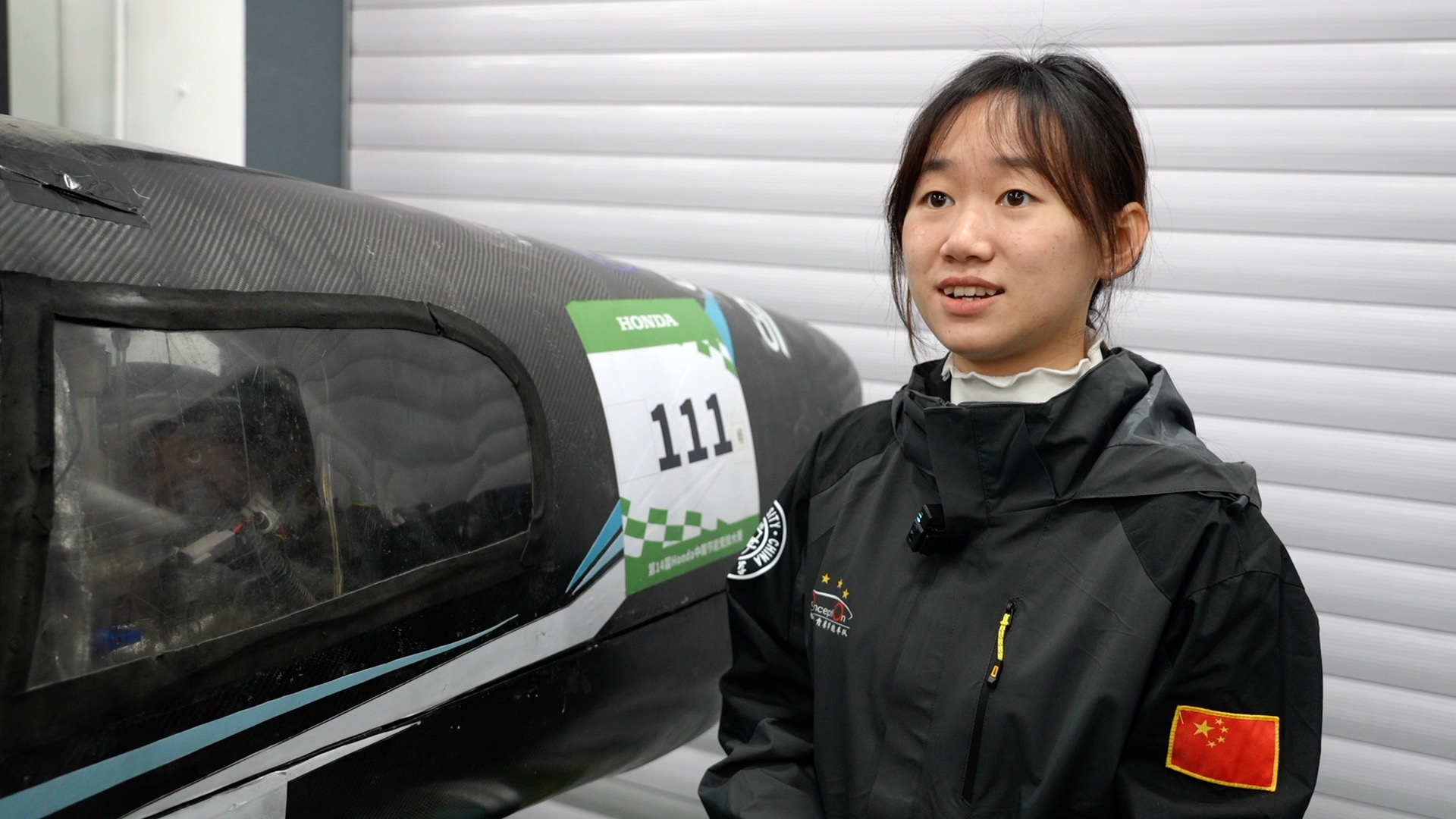
Yang Dongyang, one of the members of the Kensai team, being interviewed by CGTN. /CGTN
Yang Dongyang, one of the members of the Kensai team, being interviewed by CGTN. /CGTN
“While participating in global events, we could identify our weaknesses compared to teams like those from Japan and the U.S., who have strong problem-solving skills. We must admit that many automotive students in China today don't have the practical skills for building a vehicle from scratch until they get to college or university," Zhao Di, mentor at the Automotive Engineering College of Jilin University told CGTN.
Currently, over 1.5 million people work at dozens of EV companies in China and their suppliers.
Passenger cars are more popular than commercial vehicles, accounting for 95.1 percent of EV sales in China at present.
The commercial vehicles sector is on the verge of widespread EV adoption, with experts suggesting that by 2035, EVs will become the mainstream of new vehicle sales and the passenger sector will be fully electrified. Demand for automotive talent is bound to rise.
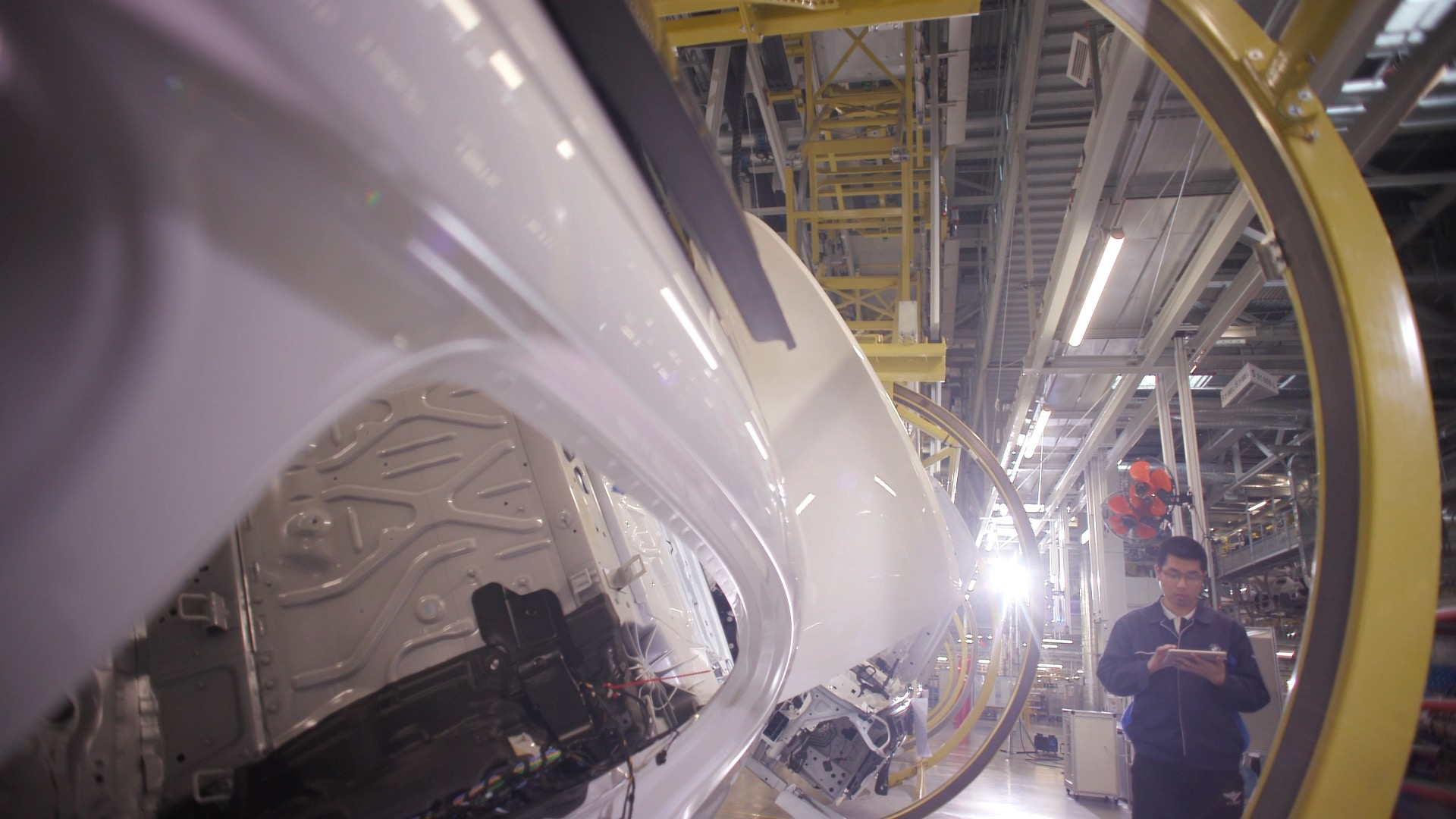
Over 1.5 million people now work at dozens of EV companies in China and their suppliers. /CGTN
Over 1.5 million people now work at dozens of EV companies in China and their suppliers. /CGTN








